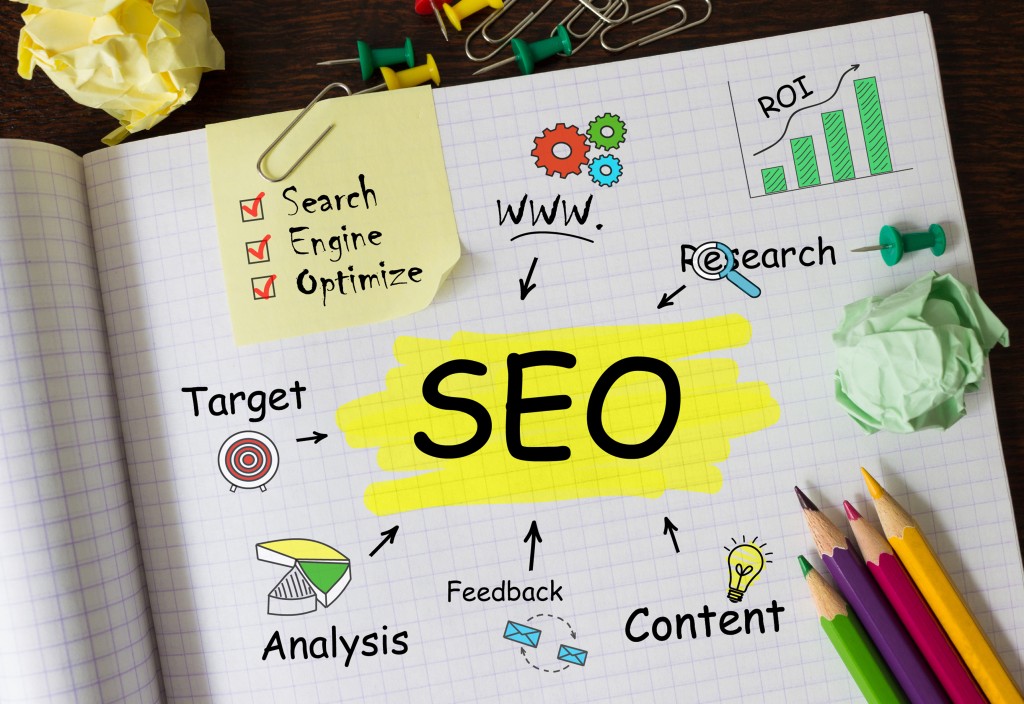
What is on-page SEO?
On-page SEO refers to everything that is inside your site, that is, basically anything that is within your realm of control. Things as simple as a comma on your site can be analyzed from the on-page SEO point of view. We decided to stick to some elements that we consider essential. So let’s get started!
1. SEO Content
Content is the most important “element” of your site. This is well know, but not everyone can write quality Good content is the kind that does marketing by itself, that is, a text or a video or an image that everyone wants to share and that brings a lot of value to the recipient of that message. Of course silly memes could be considered good content by some, but their scope is restricted to social networks and niche blogs. With this being said, good content can be very subjective. In order to get the most out of this, you need to deliver the right message, through the right medium, to the right audience. When writing content, think about reaching your reader. Modify your way of thinking and bring true and high-quality information.
2. Title
The title of your web pages, content, and etc, still remains as one of the most important elements for the Google algorithm. Don’t trick yourself into thinking this is something new. As a matter of fact, David Ogilvy, one of the most successful advertising men the world has ever seen has said this about headlines:
“On the average, five times as many people read the headline as read the body copy. When you have written your headline, you have spent eighty cents out of your dollar.”
Here are some tips for an optimized title:
1. Focus the title on a single keyword or phrase;
2. Do not have titles with more than 70 characters;
3. Do not engage in keyword stuffing on your title
By applying these 3 simple tips, you should be able to get the most out of your headlines.
3. Friendly URL
Although a friendly URL is not a big ranking factor, it is however, an organization and usability aspect of a website, which in turn can interfere directly or indirectly in the positioning of your sites. Make sure your URL aligns with the content and keywords of your page.
4. Usability
A website that doesn’t convert is a site with no function. After all, your SEO strategies have a marketing goal, either to increase brand awareness or to increase sales. The way to track the success of an SEO strategy is to set conversion goals.
Usability is the step before conversion. More than that, usability makes the browsing experience on the site something incredible. If it’s amazing, intuitive, and easy to use, your visitors will come back to your website, buy your products more often and remember your brand a whole lot more.
